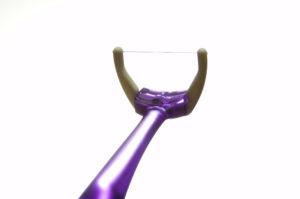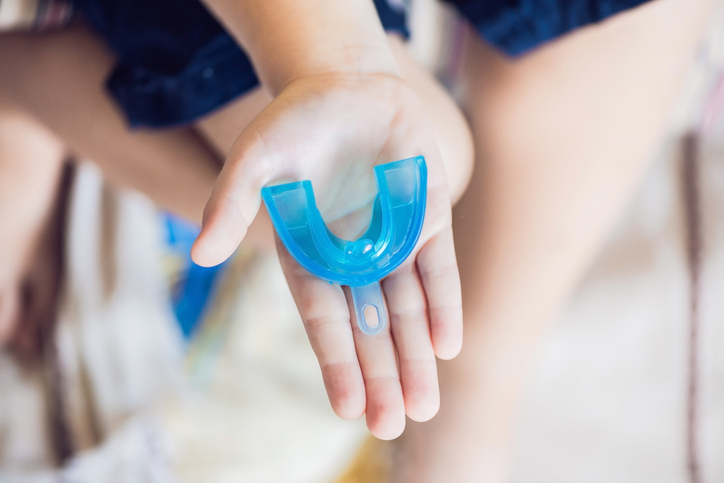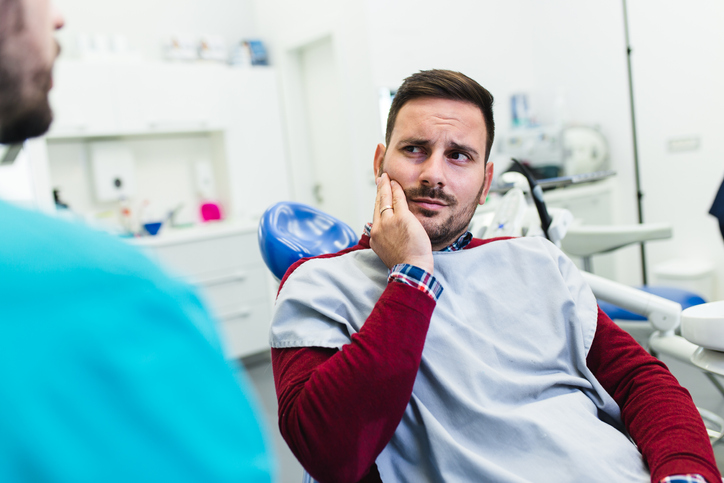 Over 45% of U.S. adults have moderate to severe periodontal disease. Periodontal disease ranges from a mild inflammation of the gum tissues to periodontitis, a major oral disease that can result in soft tissue and bone damage and even tooth loss. Our experienced dentist is providing periodontal treatments to both new and existing patients who are suffering from any form of periodontal (gum) disease.
Over 45% of U.S. adults have moderate to severe periodontal disease. Periodontal disease ranges from a mild inflammation of the gum tissues to periodontitis, a major oral disease that can result in soft tissue and bone damage and even tooth loss. Our experienced dentist is providing periodontal treatments to both new and existing patients who are suffering from any form of periodontal (gum) disease.
One of the major causes of gum disease is practicing poor oral hygiene habits. Daily brushing and flossing and regular professional exams and cleanings are essential to maintaining optimal oral health. When these practices are not followed, plaque can form on the teeth and along the gumline. If this plaque is not properly removed, it may harden over time and become tartar. Once that occurs, only a dental professional can remove tartar from teeth.
If gum disease is not treated in a timely manner, tartar may continue to build. When this occurs, the gum disease may advance. Gums redden, swell, and become prone to bleeding from normal activities, such as brushing or eating. At this point, professional periodontal treatment is needed to prevent the disease from advancing further.
When periodontal disease is not treated in a timely manner, it may become periodontitis. Periodontitis is the most advanced form of periodontal disease. With periodontitis, gums begin to pull away from the teeth, creating small “pockets” along the gumline. These spaces are highly difficult to clean without professional intervention and can lead to rapid worsening in overall oral health. Without prompt and thorough treatment, bone, gums, and soft tissues may be destroyed by periodontitis. One of the leading causes of tooth loss in adults is periodontal disease.
Some of the most common factors that contribute to periodontal disease developing include poor oral hygiene habits, diabetes, smoking, and female hormonal changes. Some medications can cause gum tissue to develop abnormal tissues, which can increase difficulty in proper cleaning of the teeth. People who are receiving treatment for AIDS are also at increased risk of developing periodontal disease.
Our doctor has the training and experience to diagnose and treat every stage of periodontal disease. If you have symptoms of periodontal disease, contact our office to schedule a consultation. Some symptoms include: chronic halitosis (bad breath), sensitive teeth, red or swollen gums, sensitive or bleeding gums, and difficulty or pain with chewing. Our dentist provides excellent periodontal care for our patients, and welcomes new patient consultations. For more information or to schedule an appointment, contact our office.
 By now, you have likely seen news reports questioning whether flossing is necessary for your oral health.
By now, you have likely seen news reports questioning whether flossing is necessary for your oral health. 

 Our expert dentist wants to remind patients that our office offers thorough oral cancer
Our expert dentist wants to remind patients that our office offers thorough oral cancer 
 Over 45% of U.S. adults have moderate to severe periodontal disease. Periodontal disease ranges from a mild inflammation of the gum tissues to periodontitis, a major oral disease that can result in soft tissue and bone damage and even tooth loss. Our experienced dentist is providing periodontal treatments to both new and existing patients who are suffering from any form of periodontal (gum) disease.
Over 45% of U.S. adults have moderate to severe periodontal disease. Periodontal disease ranges from a mild inflammation of the gum tissues to periodontitis, a major oral disease that can result in soft tissue and bone damage and even tooth loss. Our experienced dentist is providing periodontal treatments to both new and existing patients who are suffering from any form of periodontal (gum) disease. Every time you stop in to visit your dentist, you are asked, “Do you floss regularly?” This is because flossing is instrumental in maintaining a healthy, beautiful smile. It helps to remove the plaque that brushing alone can’t reach. While we all know brushing is critical to your oral health, it is important to understand the benefits of flossing daily.
Every time you stop in to visit your dentist, you are asked, “Do you floss regularly?” This is because flossing is instrumental in maintaining a healthy, beautiful smile. It helps to remove the plaque that brushing alone can’t reach. While we all know brushing is critical to your oral health, it is important to understand the benefits of flossing daily.

